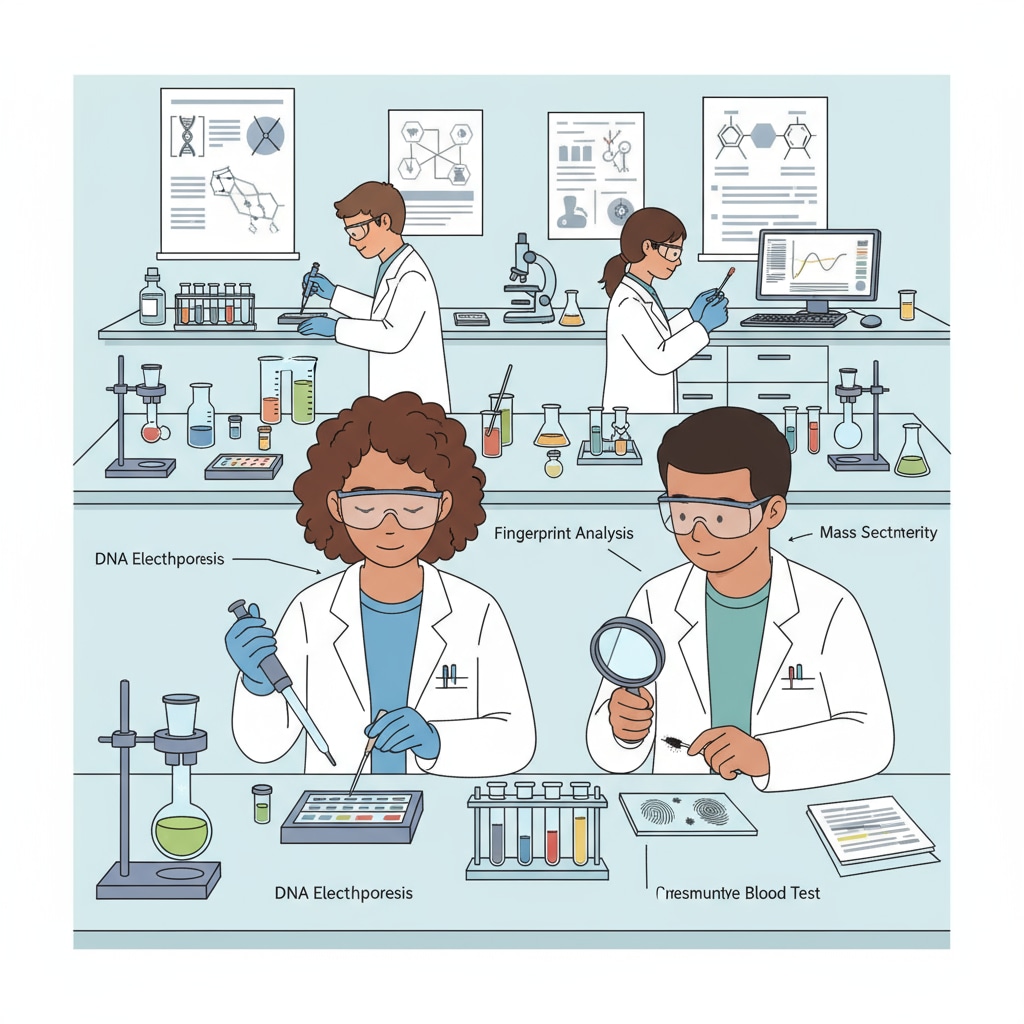Forensic psychology career planning, especially the choice of university paths, is crucial for K12 students aspiring to enter this fascinating field. As forensic psychology combines elements of psychology and the legal system, having a well-structured educational journey is essential.

High School Preparation for Forensic Psychology
During high school, students should start laying the foundation for their future in forensic psychology. Firstly, take courses in science, such as biology and chemistry. These subjects enhance understanding of human behavior from a biological perspective. For example, learning about the brain’s structure in biology can provide insights into how mental processes might affect criminal behavior. Forensic psychology on Wikipedia
In addition, English and social studies courses are equally important. Strong writing and communication skills, developed through English classes, are vital for writing reports and presenting findings in the forensic field. Social studies, including history and sociology, offer a broader understanding of human society and the factors that contribute to criminal activities.

Selecting the Right Undergraduate Major
When it comes to choosing a major in college, psychology is an obvious choice. A bachelor’s degree in psychology provides a solid foundation in psychological theories and research methods. Courses in abnormal psychology, social psychology, and cognitive psychology are particularly relevant. Abnormal psychology helps students understand mental disorders that may be associated with criminal behavior. Forensic psychology on Britannica
Another option is a major in criminal justice. This major offers an in-depth look at the legal system, law enforcement, and the criminal justice process. Students can learn about criminal law, criminal investigation, and corrections, which are all related to forensic psychology. Some universities also offer interdisciplinary programs that combine psychology and criminal justice, providing a comprehensive education for a career in forensic psychology.
Readability guidance: In this article, we’ve used short paragraphs to present information clearly. Each section focuses on key aspects of forensic psychology education, from high school to college. Transition words like ‘firstly’, ‘in addition’ have been used to make the flow smooth. The use of passive语态 is minimal, and sentences are kept at an appropriate length for better readability.


